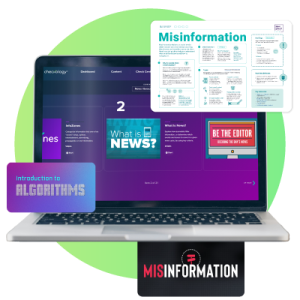Upon Reflection: Media needs to get COVID-19 vaccine story right
This column is a periodic series of personal reflections on journalism, news literacy, education and related topics by NLP’s founder and CEO, Alan C. Miller.
When it comes to reporting on the rollout of the COVID-19 vaccines, context is everything.
As millions of doses are injected into the arms of people around the world, adverse events are inevitable, even under the best of circumstances.
A small percentage of the population will have allergic reactions. Because the two vaccines now in use in the United States (from Pfizer-BioNTech and Moderna) are highly, but not completely, effective, some recipients may become infected with the virus. And some people who have been vaccinated will get sick — or even die — from unrelated, if coincidental, causes.
The media needs to be discerning about the vaccination-related events it reports, and how it does so. Above all, it must avoid sensationalizing such incidents, whether in news reports or on social media.
Read the full commentary on Poynter.org.
Read more in this series:
- Dec. 17: Journalism’s real ‘fake news’ problem also reflects its accountability
- Dec. 3: Combating America’s alternative realities before it’s too late
- Nov. 12: “Kind of a miracle,” kind of a mess, and the case for election reform
- Oct. 29: High stakes for calling the election
- Oct. 15: In praise of investigative reporting
- Oct. 1: How to spot and avoid spreading fake news





